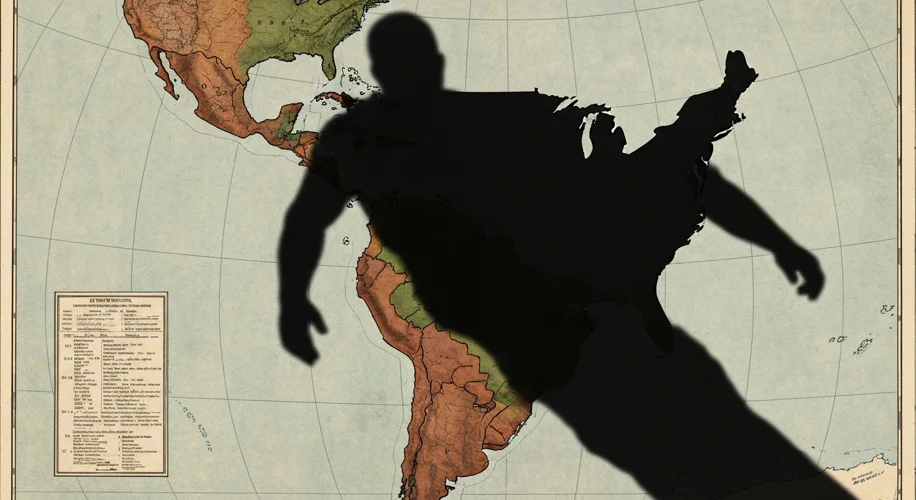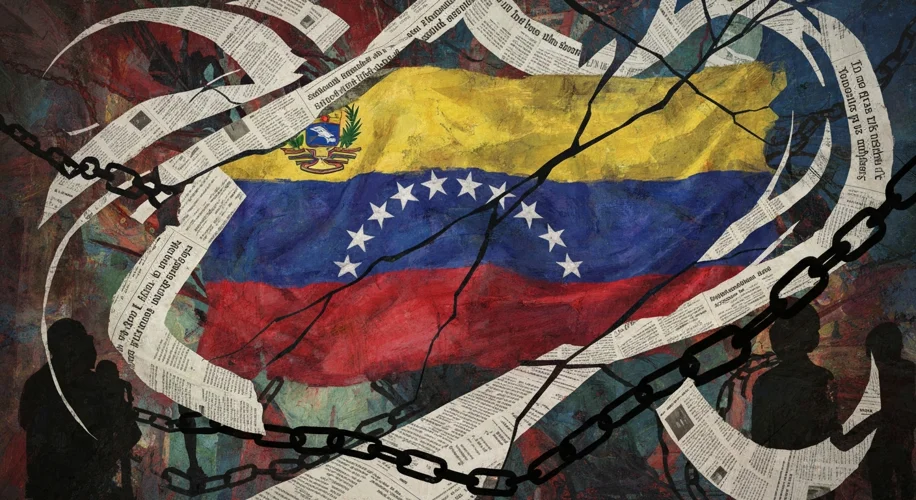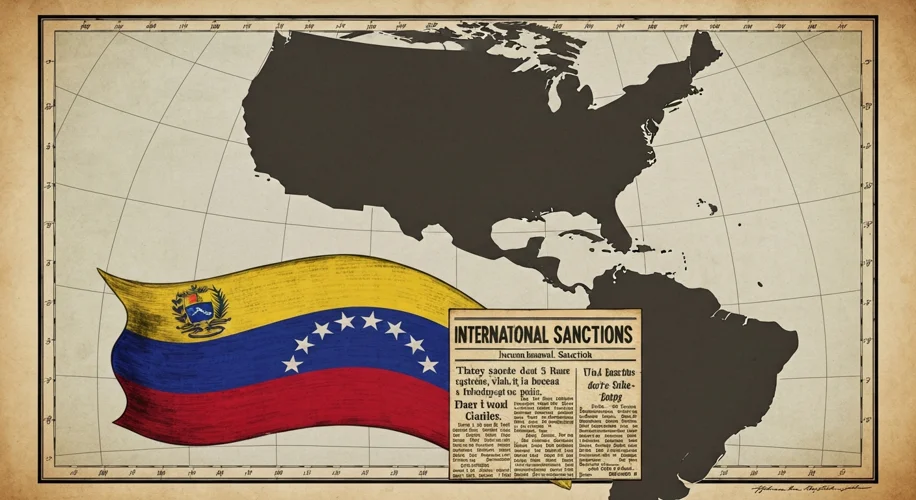The story of Venezuela’s current crisis is a complex tapestry, woven with threads of internal strife, economic upheaval, and a recurring theme in Latin American history: the specter of foreign intervention, particularly from the United States.
For decades, Venezuela, a nation blessed with vast oil reserves, has been a land of stark contrasts – immense wealth alongside persistent poverty, democratic aspirations often overshadowed by authoritarian tendencies. This volatile mix has created fertile ground for political instability, a condition that has historically drawn the attention, and sometimes the heavy hand, of external powers.
A History of Entanglement
The United States’ relationship with Latin America is long and often fraught. From the Monroe Doctrine, first articulated in 1823, which warned European powers against further colonization or interference in the Americas, to more direct interventions throughout the 20th century, the U.S. has often positioned itself as a regional hegemon. This paternalistic stance, sometimes presented as a benevolent protectorate, has frequently been viewed by Latin American nations as a violation of their sovereignty.
Consider the U.S. involvement in the early 20th century, a period marked by numerous military interventions in countries like Nicaragua, Haiti, and the Dominican Republic. These actions, often justified under the guise of maintaining stability or protecting American interests, left a legacy of resentment and mistrust. Later, during the Cold War, U.S. foreign policy often aimed at countering perceived Soviet influence, leading to support for anti-communist regimes, some of which were notoriously brutal, and clandestine operations to destabilize governments deemed too left-leaning. The overthrow of democratically elected leaders, such as Salvador Allende in Chile in 1973, remains a dark chapter in this history.

Venezuela: A Recurring Scenario?
Venezuela’s own journey through the 20th century saw periods of democratic rule interspersed with military dictatorships, often propped up or tolerated by foreign powers due to economic interests, particularly in oil. The election of Hugo Chávez in 1998 marked a significant shift, ushering in a socialist era known as the Bolivarian Revolution. Chávez, a charismatic and polarizing figure, championed anti-imperialist rhetoric and sought to redistribute Venezuela’s oil wealth, profoundly impacting the nation’s social and economic landscape.
His successor, Nicolás Maduro, inherited a country grappling with hyperinflation, widespread shortages, and deepening political divisions. The opposition, backed by significant segments of the population, accused Maduro’s government of authoritarianism, electoral fraud, and human rights abuses. This internal conflict provided an opening for external involvement.
The United States’ Role
In recent years, the United States has taken a prominent role in condemning the Maduro government, imposing sanctions, and supporting the opposition, led by Juan Guaidó, who declared himself interim president in 2019. The U.S. recognized Guaidó’s interim government and called for new elections, while also maintaining stringent sanctions aimed at crippling Venezuela’s oil sector and pressuring Maduro to relinquish power. This approach, however, has yielded mixed results. While the sanctions have undeniably harmed Venezuela’s economy, they have not dislodged Maduro, and they have also led to a humanitarian crisis, with shortages of food and medicine exacerbating the suffering of the Venezuelan people.
Critics argue that this interventionist stance, even if couched in humanitarian concerns or democratic principles, echoes past patterns of U.S. foreign policy in the region. They point to the potential for unintended consequences, the risk of further destabilizing the region, and the undermining of Venezuelan sovereignty. The focus on regime change, they contend, has often overshadowed the complex needs of the Venezuelan population.
Analysis and Impact
The Venezuelan crisis, therefore, is not merely an isolated domestic affair. It is a contemporary manifestation of historical tensions between sovereignty and intervention, between national self-determination and hemispheric influence. The legacy of past U.S. interventions in Latin America provides a crucial lens through which to understand the current situation and the deep-seated skepticism many in the region hold towards external interference.
As Venezuela continues to navigate its turbulent path, the echoes of history serve as a stark reminder that solutions to complex political and economic crises are rarely simple and that the specter of intervention, however well-intentioned, can cast a long and damaging shadow. The path forward for Venezuela will undoubtedly be shaped not only by its internal dynamics but also by the historical context of its relationship with powerful neighbors and the enduring debate over the limits of foreign policy.


